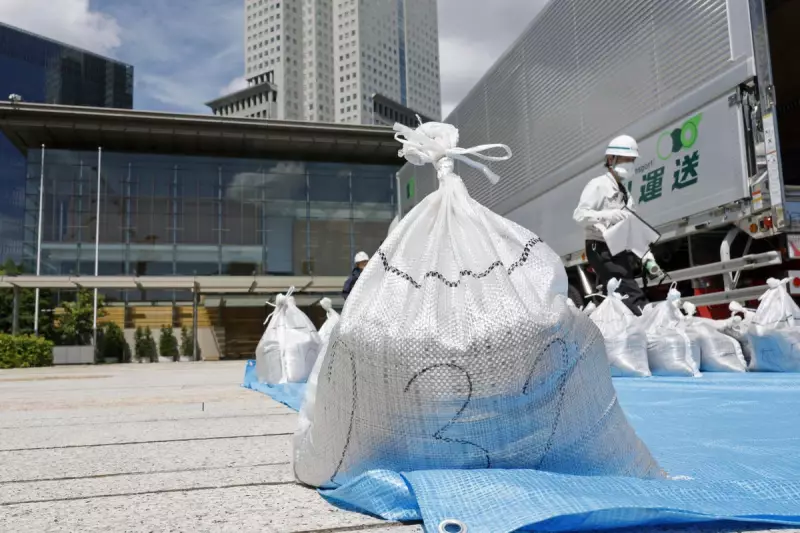
Japan has received the green light from the International Atomic Energy Agency (IAEA) to proceed with its controversial plan to release treated radioactive water from the Fukushima Daiichi nuclear plant into the Pacific Ocean. The decision comes after years of debate and opposition from neighbouring countries.
IAEA Endorses Japan's Discharge Plan
The UN's nuclear watchdog confirmed that Tokyo's proposal meets global safety standards, with IAEA chief Rafael Grossi stating the discharge would have a "negligible radiological impact" on people and the environment. The water, stored in massive tanks since the 2011 disaster, has been treated to remove most radioactive elements except tritium.
Regional Concerns Remain
Despite IAEA assurances, China and South Korea have expressed strong objections, with Beijing accusing Japan of treating the ocean as its "private sewer." Local fishing communities also fear reputational damage, with one fisherman telling reporters: "Our livelihoods could be destroyed overnight."
The Science Behind the Decision
Experts explain that:
- The water will be diluted to tritium levels far below WHO drinking standards
- The gradual release over decades mirrors standard practices at nuclear plants worldwide
- Continuous monitoring will ensure compliance with safety benchmarks
The Japanese government maintains this is a crucial step in the plant's decades-long decommissioning process, with Prime Minister Fumio Kishida pledging "transparency and accountability" throughout the operation.





